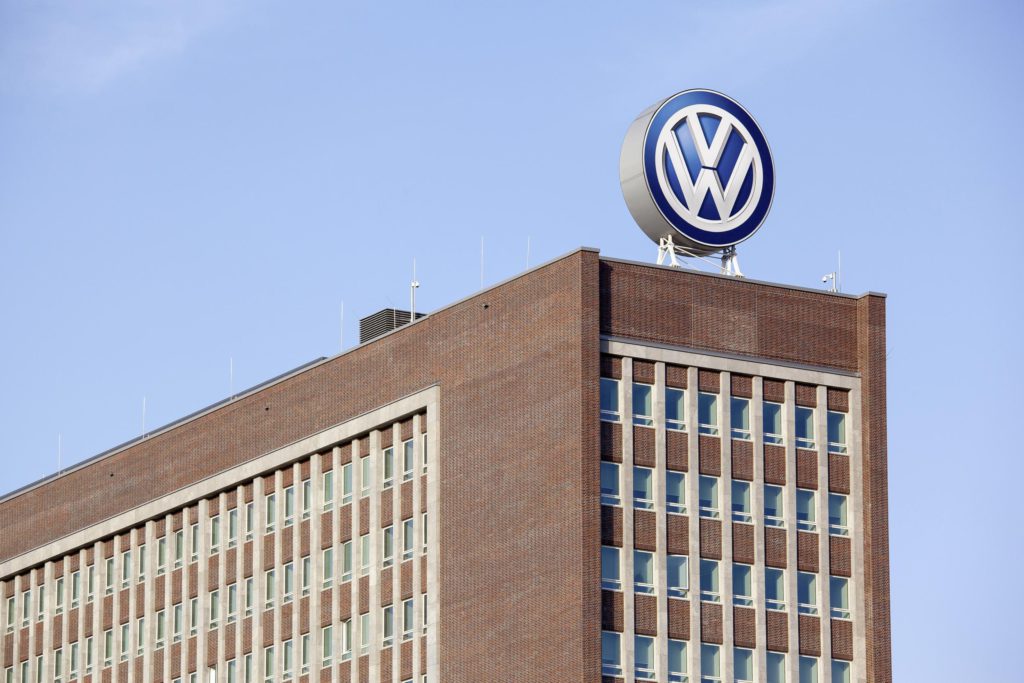Deregistration for drivers who miss VW Dieselgate recall as company reports share growth
19 December 2017

19 December 2017
Although Volkswagen (VW) is doing its best to ensure vehicles fitted with ′defeat devices’ as part of the emissions scandal are recalled to have the software removed, many drivers are not complying with the procedure.
The company believes that around 90% of the 2.2 million vehicles affected from VW, Audi, Skoda and SEAT have been processed. However, many drivers are deciding to keep the software on their vehicle rather than go to a dealership for it to be removed. This means VW vehicles still on the roads potentially emitting higher pollution levels than regulations allow.
Now, German authorities are looking at ways of forcing drivers to undergo the fix, including ′deregistering’ the cars until they have been serviced. According to Automobilwoche, around 90 vehicle owners have already been told to have their cars fixed within four weeks, with decommissioning decrees sent to ten further drivers.
Around 200,000 vehicles could still be on the road in Germany that need the cheat software removed, according to reports. VW is reporting these vehicles to the Federal Motor Transport Authority, which will in turn send data to the relevant registration authorities. Should it be necessary to collect the vehicle registration certificate and stamp the registration plate, the police will also become involved.
The potential of deregistration was first mentioned in July. Many drivers are mindful of the retrofitting process, due to reports that the fix actually causes further problems. A document submitted to the UK Transport Committee in April 2017 by the Volkswagen Diesel Customer Forum has highlighted the issues that consumers are finding after having their vehicles ′fixed’ at dealerships. Problems reported include reduced fuel economy; diesel particulate filter (DPF) failure, excessive engine noise and excessive exhaust fumes.
In June, television channel ZDF and magazine Der Spiegel reported that despite the software fix being applied, affected vehicles still exceed permitted limit values for nitrous oxide (NOx). ZDF also claimed that VW did not intend for cars to be cleaner with the update, just to remove the software that allowed vehicles to cheat the emissions tests.
Meanwhile, the VW Group has seen its preference shares return 23% so far this quarter, making them the best amongst European automotive manufacturers. In context, Daimler has gained 5.3% while BMW has not changed.
The growth is partially due to the company’s recovery from the Dieselgate scandal. Investors have been piling in, with the manufacturer raising its profit forecast for 2017. Now, its shares have risen above the pre-scandal level for the first time, with experts predicting they could grow higher in 2018.
The company has been using 2017 to ensure it can put the scandal behind it, announcing plans to invest around €70 billion in electric vehicles (EVs) with a number of launches by 2025. However, the company has seen further recalls this year, with products such as the Touareg being identified by authorities as having defeat devices fitted.